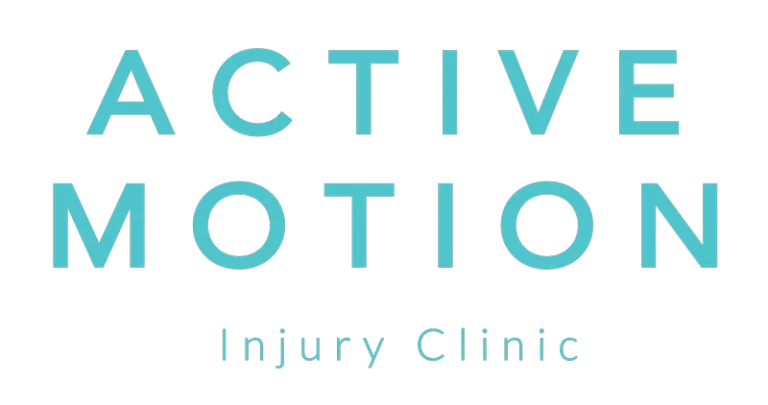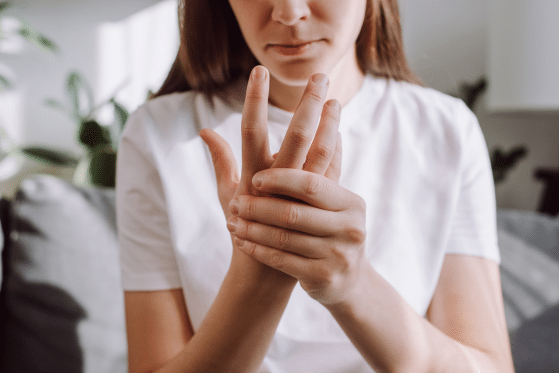As the leaves fall and temperatures drop, many people look forward to cosy nights, warm drinks, and crisp autumn air. But for those living with neuropathy, this season can bring something entirely different—a wave of discomfort, stiffness, burning, tingling, and pain that seems to grow stronger with every cold gust of wind.
If this sounds familiar, you’re not alone. Thousands of people with neuropathy report that autumn and winter months are the hardest. But why does this happen? And more importantly, what can you do to protect your comfort, mobility, and peace of mind as the seasons shift?
Let’s explore the connection between colder weather and neuropathy—and how you can fight back naturally and effectively.
What Is Neuropathy—and Why Does It Hurt More When It’s Cold?
Neuropathy refers to damage or dysfunction of the nerves—especially the peripheral nerves in your hands, feet, and legs. For some, it starts with a dull tingling. For others, it feels like pins and needles, burning, sharp shooting pain, or complete numbness. Over time, neuropathy can affect your balance, coordination, and confidence—even turning simple activities like walking across the room or putting on socks into a daily struggle.
So why does autumn seem to make these symptoms worse?
❄️ 1. Lower Temperatures Constrict Blood Vessels
In cold weather, your blood vessels narrow (a process called vasoconstriction) to conserve heat. Unfortunately, this also means less blood flow to your nerves, especially in your hands and feet. Poor circulation can aggravate nerve damage, making pain, numbness, and tingling more intense.
🧊 2. Nerves Are More Sensitive to Temperature Changes
Damaged nerves are often hypersensitive—not just to touch, but to cold temperatures too. That crisp morning air might feel refreshing to most people, but if you’re living with neuropathy, it can trigger a sharp flare-up of symptoms. Even walking barefoot on a cold floor can set off waves of discomfort.
😣 3. Stiffness and Muscle Tension Increase
Cold weather often leads to reduced physical activity, which can cause muscles and joints to stiffen up. That stiffness can pull on irritated nerves, creating a perfect storm of discomfort—especially for those who already struggle with inflammation or nerve compression.
The Hidden Cost of Cold-Weather Neuropathy
It’s not just about the pain. When neuropathy gets worse during autumn, it can silently affect other parts of your life:
- You might stop going for walks, leading to more stiffness and loss of mobility.
- You may struggle to sleep, as tingling or burning pain keeps you awake.
- You may begin to feel isolated, frustrated, or even anxious—worried the symptoms will keep getting worse.
And worst of all? You may start believing this is just part of getting older. That it’s your “new normal.” But the truth is:
💡 Neuropathy may be common, but it’s not normal. And it’s not something you have to live with forever.
How to Protect Yourself This Autumn—Without Relying on Meds or Surgery
The good news? There are natural, proven strategies that can help you manage your neuropathy symptoms—even when the cold sets in. Here’s how to take action today:
✅ 1. Keep Your Feet and Hands Warm—Even Indoors
Start by wearing thermal socks, slippers, or heated insoles. Avoid walking barefoot on cold floors. At night, use a heating pad or warm water bottle (on a low setting) to ease circulation and soothe pain.
Bonus tip: Layer with loose, breathable clothing—tight garments can restrict blood flow and worsen symptoms.
✅ 2. Stay Active in Gentle, Targeted Ways
Movement increases circulation, improves nerve function, and reduces inflammation. Focus on low-impact activities like walking, stretching, or gentle resistance exercises. If you’re unsure where to start, working with a physical therapist can help you develop a safe, effective routine.
Even 10–15 minutes a day can make a world of difference.
✅ 3. Avoid Long Periods of Sitting or Standing
Sitting too long can reduce blood flow and aggravate nerve compression, while standing for too long can worsen swelling and discomfort. Try to alternate between sitting and standing throughout the day. Use footrests, cushions, or compression socks if needed.
Set timers to remind yourself to change positions regularly—even small movements help keep nerves and muscles engaged.
✅ 4. Address the Root Cause—Not Just the Symptoms
Many neuropathy sufferers are told to “manage” symptoms with medications like gabapentin, Lyrica, or antidepressants. While these may offer temporary relief, they rarely address the underlying cause of nerve damage.
That’s why more people are turning to regenerative therapies, physical therapy, and natural treatments designed to:
- Stimulate blood flow
- Reduce inflammation
- Repair nerve function
- Rebuild strength and balance
Some of the most effective solutions include:
- Pulse Radio Frequency (PRF) – helps reverse nerve damage and improve sensation
- Red Light Therapy – promotes healing in damaged tissues
- Hands-on therapy and nerve mobilisation techniques
- Custom balance and coordination programs designed by physical therapists
✅ 5. Stay Ahead of Seasonal Changes
Don’t wait until winter to act. The earlier you start managing your symptoms, the easier it will be to avoid flare-ups. Many of our clients say that taking action in the fall helped them avoid major setbacks during the harsher winter months.
You’re Not Broken—Your Body Just Needs the Right Help
Living with neuropathy can feel discouraging. It’s invisible to others, but you feel it constantly. The pain. The frustration. The fear that it might get worse.
But we want to remind you:
💬 You are not your diagnosis. Your body is not broken. And it’s not too late to feel better.
There are real solutions—safe, natural options that don’t involve endless pills, side effects, or risky procedures.
You deserve to enjoy the season, take walks, sleep through the night, and live without constant discomfort.
Final Thoughts: Take the First Step Before Winter Hits
If autumn has already started to stir up your neuropathy symptoms, don’t wait for things to get worse. Start now—with small changes at home, or by reaching out to a professional who can guide you through a personalised plan.
Many clinics (including ours) offer Free Discovery Visits, where you can learn about your options and find out if natural treatments could work for you.
✅ Book Your Free Discovery Visit
If you’re ready to take the first step toward a calmer, more comfortable autumn, we invite you to:
👉 Call us now or click below to schedule your Free Discovery Visit.
You’ll speak directly with a specialist who understands neuropathy—and who will listen to your story. No pressure. Just answers.
You’ve been strong through the pain. Now it’s time to feel strong again.

